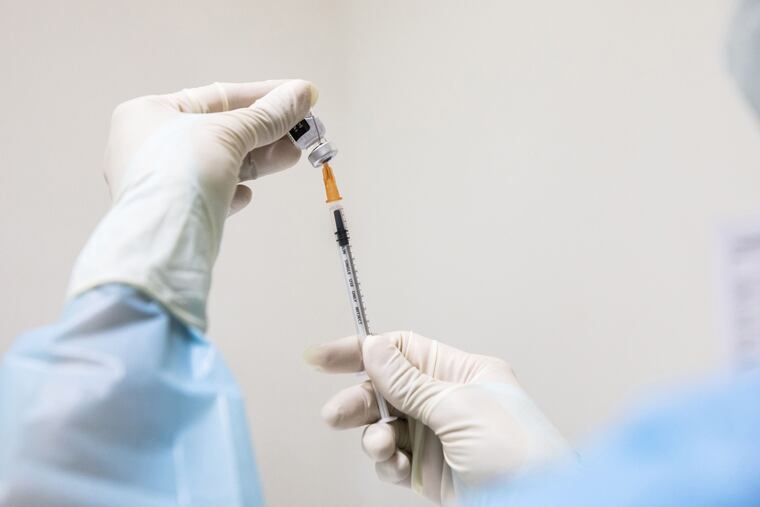Pediatricians find limited profit in recommending vaccines, emphasizing health benefits over financial incentives.
In recent discussions regarding childhood vaccination, concerns have emerged about the motivations behind pediatricians’ recommendations for vaccines. Some individuals, including Health and Human Services Secretary Robert F. Kennedy Jr., have posited that financial incentives are influencing medical recommendations, suggesting that doctors may prioritize economic gain over scientific evidence.
Kennedy has publicly stated that physicians are financially rewarded for administering vaccines, leading to skepticism about the integrity of their recommendations. This perspective, however, is not widely supported among healthcare professionals. Pediatricians and public health officials have been addressing these claims for years, emphasizing that their primary concern is the health and safety of children, bolstered by substantial research and vaccine safety data.
Upon examining the financial dynamics of vaccine administration, it becomes evident that pediatric practices often do not see substantial profits from vaccinations. Rather, the costs associated with storing, handling, and administering vaccines frequently outweigh any potential financial benefit. Pediatricians invest in specialized medical-grade refrigeration and incur expenses related to insurance and monitoring systems to ensure vaccine integrity. These costs can accumulate to thousands of dollars, challenging the notion that vaccines serve as a lucrative revenue stream for practices.
Jesse Hackell, a retired general pediatrician and chair of the American Academy of Pediatrics’ Committee on Pediatric Workforce, underscores the financial burden pediatricians face, stating that significant upfront costs are inherent in maintaining vaccine stock. Furthermore, while practices receive reimbursement for vaccines administered to privately insured children, participation in federal programs providing free vaccines to low-income families does not yield profit for many physicians. This scenario highlights the commitment of pediatricians to public health, as they continue to offer vaccines despite less than favorable financial returns.
The ability of pediatric practices to generate revenue from vaccines depends largely on their size and operational model. Larger healthcare systems may manage to profit modestly from vaccinations, whereas smaller independent practices often struggle to negotiate favorable insurance terms. One pediatrician noted that a significant portion of their patient base relies on Medicaid, which adds to the financial challenges associated with vaccine administration.
Despite concerns about profit-driven motives, the primary factors influencing pediatricians’ vaccine recommendations remain rooted in medical training and experience. These healthcare professionals witness first-hand the tragic consequences of vaccine-preventable diseases and advocate for vaccinations primarily to safeguard children’s health.
In the realm of childhood vaccinations, pediatricians follow established guidelines from authoritative bodies such as the American Academy of Pediatrics and the Centers for Disease Control and Prevention. They carefully assess each child’s health and specific circumstances before making individualized vaccine recommendations. Such assessments take into account various medical conditions that may preclude certain vaccinations, underscoring the personalized nature of pediatric care.
Ultimately, caregivers are encouraged to engage directly with their child’s healthcare provider rather than solely relying on information found on social media or the internet. This approach ensures that decisions regarding vaccinations are informed by professional expertise, aiming to prioritize children’s health and well-being above all else.







